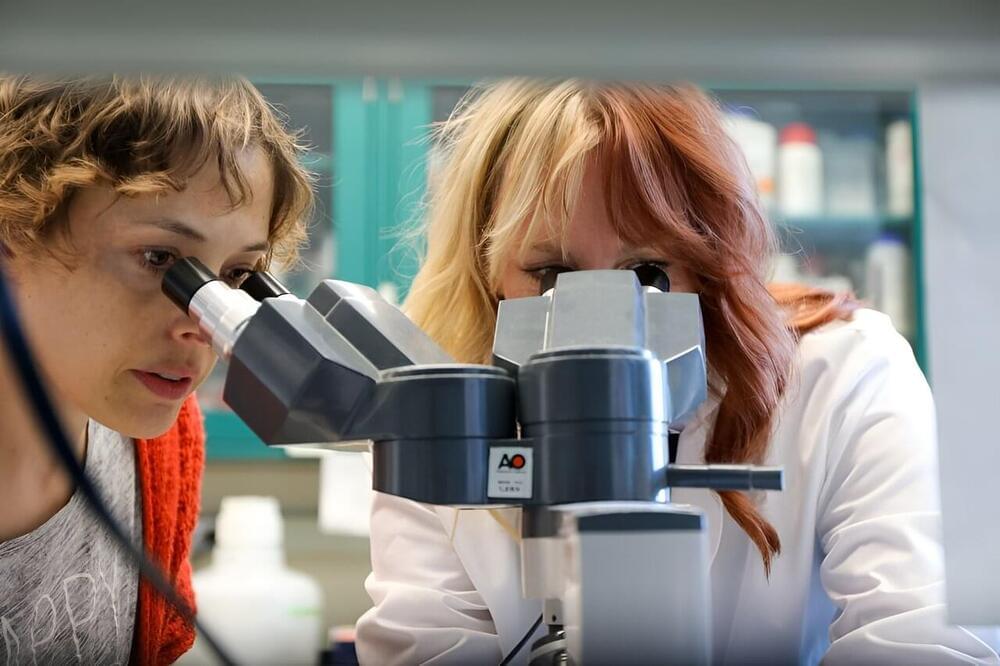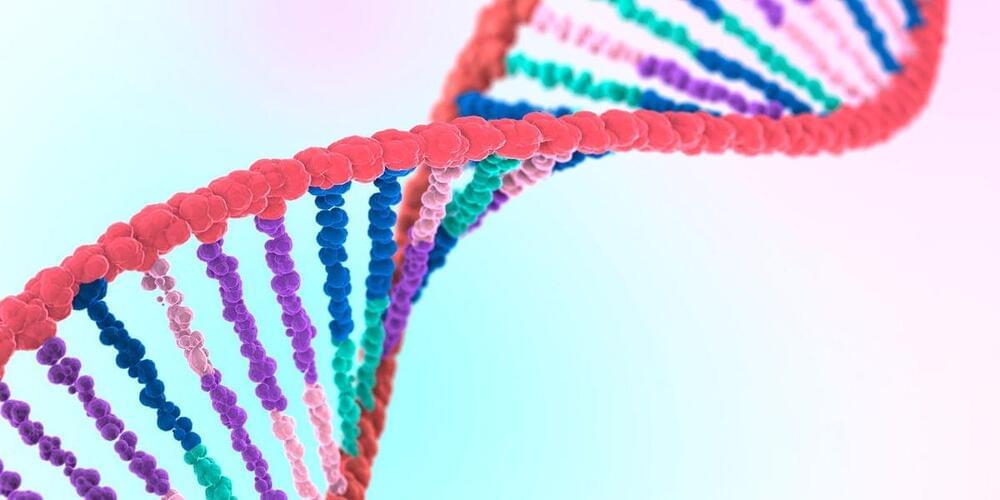A New APT Emerges: Grayling, an unknown player, targets IT, manufacturing, and biomedical sectors in Taiwan. Researchers reveal their distinctive techniques in the latest report.
Read:

In this October 13 Learning Lab, Hilary Sherman, a Senior Scientist in the Corning Life Sciences Applications Lab, and Robert Padilla, a Field Application Scientist at Corning, dive into the topic of 3D culture techniques and why these technologies should be a part of any researcher’s repertoire.
Three-dimensional (3D) cultures such as spheroids and organoids are an important part of the research model market, helping to close the gap between cell cultures and animal models. Both organoids and spheroids have been used to create in vivo-like tissue models of cancer subtypes to study novel therapies and to make models for tissue engineering and regenerative medicine studies. But there are some key differences, with important implications for various applications. The right tool for a project is not always obvious. For spheroids and organoids, knowing where the cultures are similar and where they differ will help scientists select the best resource for their projects the first time around.

Guidance and recommendations for prostate cancer screening have changed over the years. While there is no standard screening test, doctors may use a prostate-specific antigen (PSA) test to help diagnose prostate cancer. Doctors may follow a positive PSA test with a prostate biopsy.
Most recommending bodies emphasize a shared decision-making (SDM) approach for prostate cancer screening by PSA testing. This strategy moves away from doctors making treatment decisions and instead relies on collaborative interactions between patients and healthcare teams.
Why do expert opinions on prostate cancer screening differ? This remains a complex question with a lot to unpack. First, we have limited treatment options for cancer that has already spread outside of the prostate. Thus, detecting these cases will often not improve health or prolong life. Second, many cases of slow-growing prostate cancer will never become life-threatening; detection of these cases can be considered overdiagnosis and may lead to anxiety, unnecessary treatment, and accompanying side effects. Unnecessary biopsies, which provide no additional value to patients and physicians in decision-making, can also come with complications such as bleeding and infection.

New research that helps explain the molecular processes involved in the painful autoimmune disease ankylosing spondylitis, or AS, may reduce the guessing game that health care providers currently play while attempting to treat the condition.
A team from Oregon Health & Science University and the VA Portland Health Care System has found a specific kind of AS treatment that is effective when used by patients who have a particular genetic mutation. Their study was published today in the journal Annals of the Rheumatic Diseases, and its findings could lead to more targeted, timely and patient-specific treatment recommendations.
“This is the first time research has shown that we might be able to use genetic markers to determine which therapy ankylosing spondylitis patients should receive,” said the study’s senior researcher, Ruth Napier, Ph.D., assistant professor of molecular microbiology and immunology, arthritis and rheumatic disease in the OHSU School of Medicine, and principal investigator with VA Portland. “These promising findings are encouraging. This is the first time I can say that I’m on the cusp of making a difference for patients with ankylosing spondylitis who seek relief.”

Scientists at the UCL Institute for Neurology have developed new tools, based on AI language models, that can characterize subtle signatures in the speech of patients diagnosed with schizophrenia.
The research, published in PNAS, aims to understand how the automated analysis of language could help doctors and scientists diagnose and assess psychiatric conditions.
Currently, psychiatric diagnosis is based almost entirely on talking with patients and those close to them, with only a minimal role for tests such as blood tests and brain scans.

“We use these probes to fish out molecules of interest in the sample,” says Ivanov. “We know which barcode corresponds to which probe. This allows us to detect whether a molecule is present in solution or not. In a way we are fingerprinting what’s inside the solution.”
“It was the synergy of bringing it all together that makes this work important. This includes the precision with which you sequence, the ability to control the transport of the analyte, and also elements of machine learning to be able to reconstruct the signal.” —Aleksandar Ivanov, professor of chemistry, Imperial College London
Combining DNA bar coding and nanopore sequencing makes for a powerful technique by pairing both selectivity and sensitivity to more effectively screen for diseases, says Edel. “In the context of personalized [medicine] and being able to perform more effective diagnostics and screening, there are two aspects at play. One is getting a better snapshot of a patient by detecting an array of biomarkers. And for some diseases, biomarkers—especially in the early stages—are found at very low concentration. So being able to detect on an individual basis at low concentrations is absolutely critical.”
The idea of postponing or even reversing the ageing process has always fascinated humanity. Some claim that immortality will be possible as little as thirty years from now – but will it just be for the rich?
Our team visited research laboratories working on this objective and interviewed the world’s top researchers in the field. We ask just how long humans might be able to live, and what it could involve.
The programme also looks into the popular wish to remain young and extend our lifespan. Some go to the extent of paying 8,000 dollars for a blood transfusion from a young person. We visited the clinic where they perform this bizarre procedure, whose scientific basis has been criticized, and spoken to the people in charge.
SUBSCRIBE for more amazing stories, including free FULL documentaries. At Java Films we have an incredible library of award-winning documentaries: from world-leading investigations to true crime and history, we have something for everyone!
Click the SUBSCRIBE button and make sure to set NOTIFICATIONS to stay updated with all new content!

Each member works out within a designated station facing wall-to-wall LED screens. These tall screens mask sensors that track both the motions of the exerciser and the gym’s specially built equipment, including dumbbells, medicine balls, and skipping ropes, using a combination of algorithms and machine-learning models.
Once members arrive for a workout, they’re given the opportunity to pick their AI coach through the gym’s smartphone app. The choice depends on whether they feel more motivated by a male or female voice and a stricter, more cheerful, or laid-back demeanor, although they can switch their coach at any point. The trainers’ audio advice is delivered over headphones and accompanied by the member’s choice of music, such as rock or country.
Although each class at the Las Colinas studio is currently observed by a fitness professional, that supervisor doesn’t need to be a trainer, says Brandon Bean, cofounder of Lumin Fitness. “We liken it to being more like an airline attendant than an actual coach,” he says. “You want someone there if something goes wrong, but the AI trainer is the one giving form feedback, doing the motivation, and explaining how to do the movements.”

Can artificial intelligence, or AI, make it possible for us to live forever? Or at least, be preserved for posterity? What are the current developments in the fields of artificial intelligence and biotechnology?
Will humanity exist without biological bodies, in the near future? Could humans and AI merge into one being? This documentary explores these questions, and more.
The film also explores current advances in AI, robotics and biotechnology. What is the essence of human existence? Can that essence be replicated? Technological development in these fields is rapid. It is also increasingly urgent, as people’s lives play out more and more online. Visionaries, authors, and theorists such as Nick Bostrom, Hiroshi Ishiguro, Douglas Rushkoff and Deepak Chopra are questioning how a humanity without a biological body might evolve.
The scientific community is fascinated by the idea of merging human and machine. However, leading minds are also pondering the question of whether AI might just be the last thing humans ever create.
#documentary #dwdocumentary.
______
DW Documentary gives you knowledge beyond the headlines. Watch top documentaries from German broadcasters and international production companies. Meet intriguing people, travel to distant lands, get a look behind the complexities of daily life and build a deeper understanding of current affairs and global events. Subscribe and explore the world around you with DW Documentary.